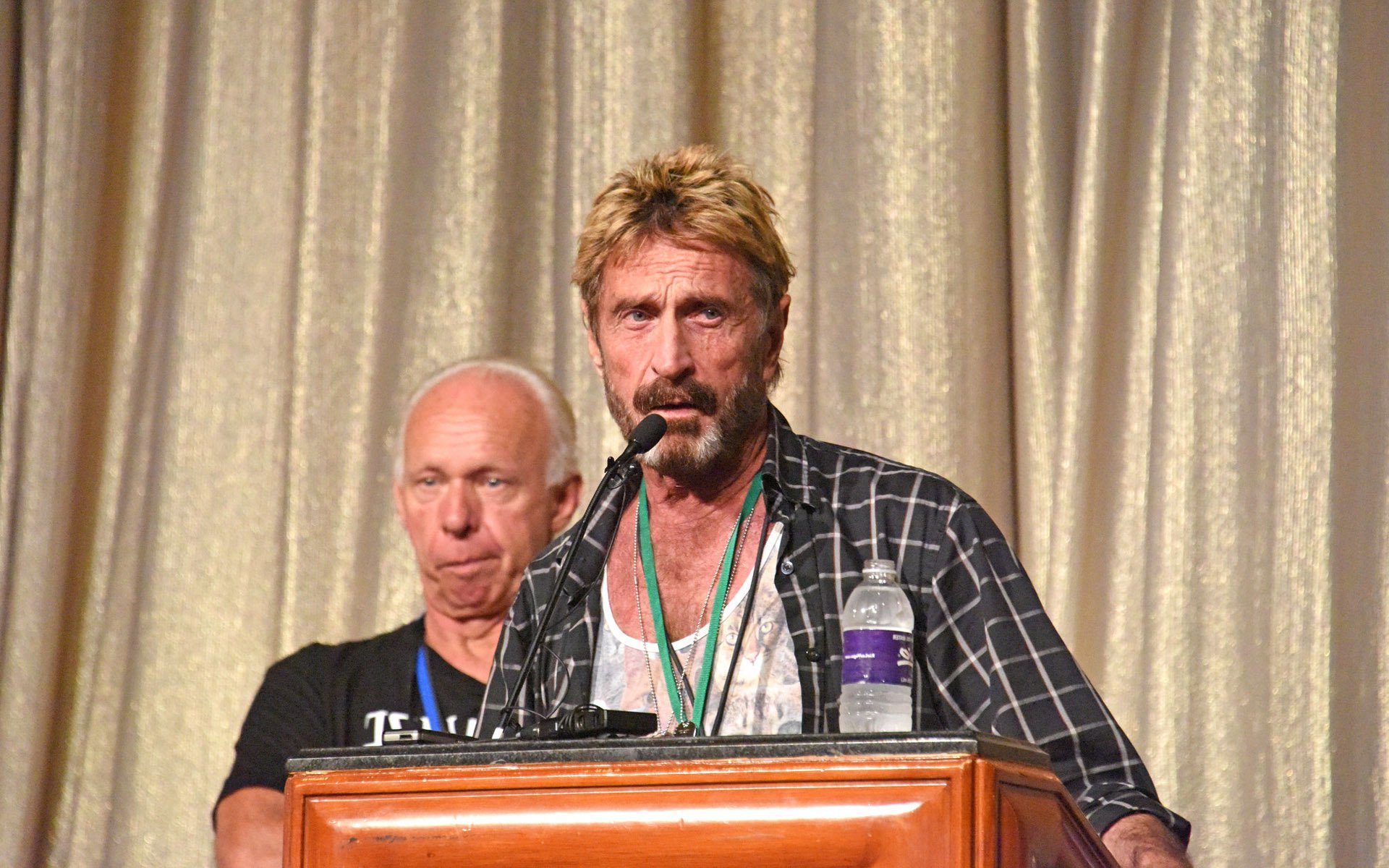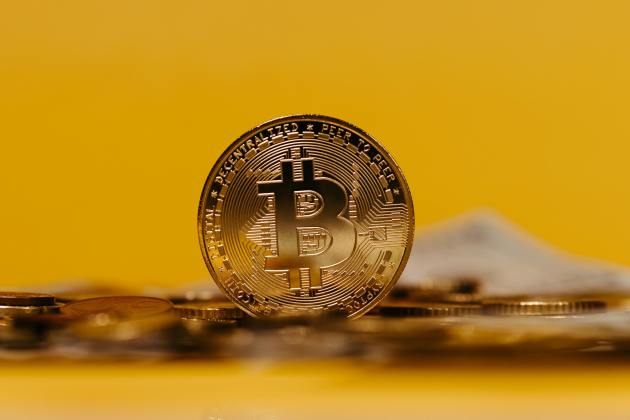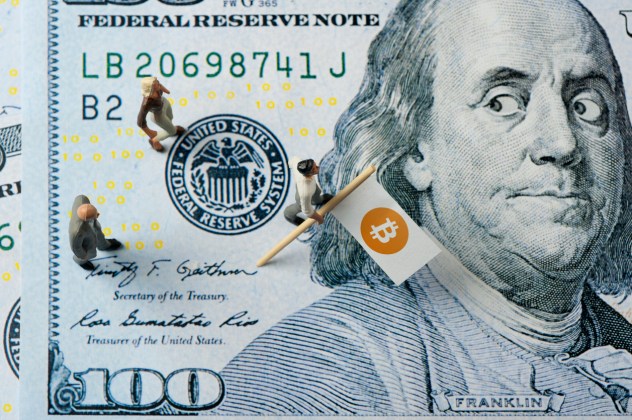Eager to garner some attention on social media, controversial cryptocurrency loudmouth John McAfee played journalist and flung FUD at popular exchange Binance, following their unforeseen outage. It didn’t end well for McAfee.
Late in the evening on Feb. 7th, Binance unexpectedly closed its doors after experiencing unforeseen server issues. Though not a pleasant situation for day traders or anyone with large amounts of liquidity on the popular exchange, the company kept users abreast of the situation with an update:
Due to a significant increase in users and trading activity, Binance will need to extend the System upgrade and is expected to be completed by 2PM (UTC).
Our team is working hard to complete this upgrade as quickly as possible. We will make an announcement to all users if completed ahead of schedule.
Withdrawals and trading during this period will remain suspended. We apologize for any inconvenience caused and thank you for your patience.
Despite the clear communication from Binance, some opportunistic FUDsters jumped at the opportunity to garner some of the spotlight—including controversial cryptocurrency bull John McAfee.
Posing as a journalist seeking only to keep his followers as up-to-date as possible, McAfee tweeted the following:
Binance has suspended trading. The company claims that they are doing a system upgrade and will resume at 2:00 AM GMT Friday. While I have no hard evidence, rumours are flying among top crypto influencers that they may have been hacked. Will keep you informed.
— John McAfee (@officialmcafee) February 8, 2018
If you’ve learned anything from McAfee’s Twitter account over the past few months, it’s that you shouldn’t believe his rumor-based speculation. Binance was certainly having none of it and quickly put McAfee in his place by professionally tweeting:
Binance has not been hacked. Please do not spread false information. If you want to keep updated on the status of our system upgrade you’re welcome to follow @cz_binance or @binance_2017
— binance (@binance_2017) February 8, 2018
Still, McAfee persisted, eager to fling FUD at a communicative, professional, and clearly not-hacked Binance. Again, playing journalist, McAfee poses some totally hard-hitting (but definitely not hard-hitting) questions to the company:
Just some questions please: Planned outages are usually announced to a company’s user base well in advance. The surprise aspect of yours concerns me. Next, there are screen images – possibly photoshopped – from different people that appear to indicate a hack. Can you comment?
— John McAfee (@officialmcafee) February 8, 2018
And comment they did:
Blockchain thankfully provides a public ledger that can disprove any FUD.
If you would like to check for yourself, our wallet addresses are: 1NDyJtNTjmwk5xPNhjgAMu4HDHigtobu1s
0x3f5ce5fbfe3e9af3971dd833d26ba9b5c936f0beHere you can see we have clearly not been compromised.
— binance (@binance_2017) February 8, 2018
Binance’s professional responses to McAfee—a notoriously vocal figure in the cryptocurrency space, accused of extorting altcoins after promoting them on Twitter, pumping and dumping coins, and having his Twitter account hacked—should be commended both for their professionalism and for rendering McAfee’s tweets entirely pointless. As someone who claims to be one of the biggest blockchain proponents in the industry, McAfee shouldn’t have even needed the reminder that a public ledger is only a few clicks away.

Checking Binance’s wallet address indeed confirms that funds are safe. They currently hold over 32,230 BTC, which is worth roughly $255 million. Though that is just Bitcoin, it’s reasonable to assume all other cryptocurrency holdings are also safe.
At the time of this writing, Binance is wrapping up its final preparations before once again going live, and investors can happily chalk this one up as a loss for McAfee.
What do you think of McAfee’s tweets to Binance, and how do you feel about the company’s response? Have you been affected by Binance’s outage? Let us know in the comments below!
Images courtesy of Flickr/@NullSession, Twitter/@official cafee, Twitter/@binance_2017, and Bitcoinist archives.









